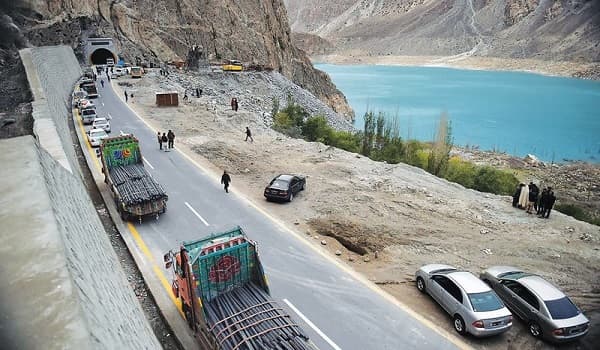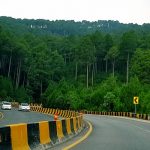Islamabad: The Capital Development Authority (CDA) Chairman Amir Ali has made the decision to revoke the results of the ballot for sector C-14, according to a news source. The ballot in question was held on November 12 (Tuesday), in order to determine the allotment of residential plots to landowners and other applicants.
The CDA chairman halted the ballot on the same day that it was held, as it had been organized by an outgoing CDA personnel who has been repatriated from the development authority, but is yet to stand down from his post.
Read: Strategy formation in place to fix delays in CDA sectors
In addition, it was alleged that during the ballot, over 300 plots were allotted to only 25 people and that the results had been influenced in exchange for monetary benefits. Reports also claimed that some of the landowners had been deprived of their right to be included in the ballot.
Chairman Ali’s intervention came as a response to these allegations, and he ordered that the ballot process be stopped. Additionally, he formed a 3-member committee to investigate the claims made by the residents of C-14. The committee comprises of CDA Director Land, Director Urban Planning and Director Security.
Read: Construction ban in place for various CDA sectors
Reportedly, the CDA chairman appeared before the Islamabad High Court (IHC) on the day of the ballot, along with the people most affected by this development, and they asked for more time in order to verify the claims of malfeasance and corruption. As a result, the court granted the CDA an extension of two weeks to investigate the matter further.
Speaking to the media, the CDA chairman said that the ballot held on November 12 holds no value, as the IHC has granted two-week’s time to settle the matter.
Read: Old DC rate stands valid for several CDA sectors in Islamabad
C-14 comprises 1,600 kanals of land, and falls in the jurisdiction of the revenue estate of Sarai Kharbooza. The sector was planned to be developed under the land-sharing formula, where the landowners were to get plots as compensation, in exchange for the land that they granted to the government for this project’s development.








